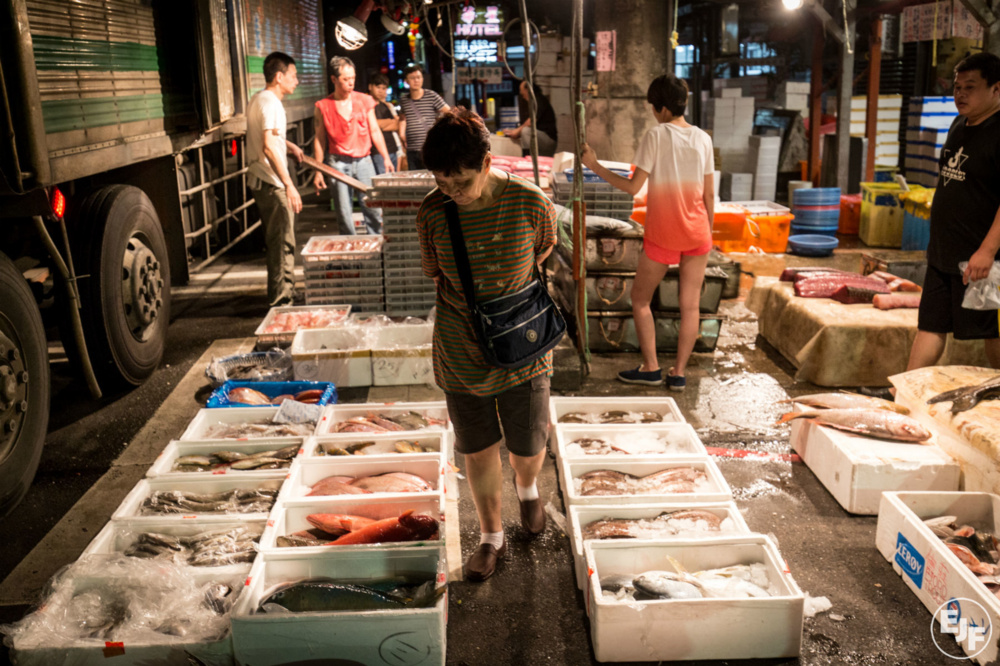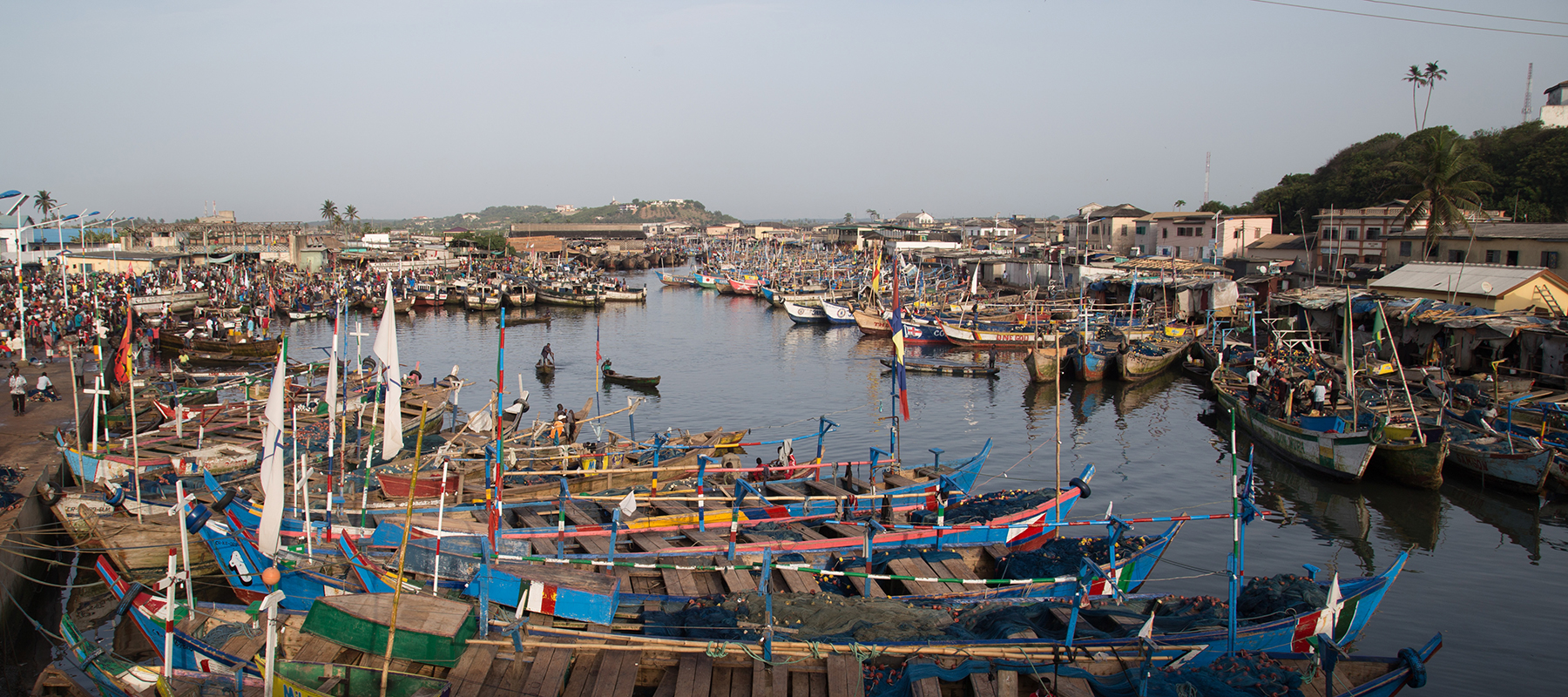
Collaboration essential to ensure illegal fish cannot travel in and around the EU
Despite having the strongest laws in the world, consumers in the EU cannot be sure the fish on their plates has not come from pirate fishing.
An unprecedented study by EJF, WWF, Oceana and Pew has found that coordinated action by EU Member States is needed to be sure illegally caught fish is not finding its way to the EU market.
The IUU Regulation - the law to prevent products from illegal, unregulated and unreported fishing from coming to the EU - is the most ambitious legislation in the world to combat pirate fishing. It directly affects the ability of non-EU countries to trade with the EU if they do not do enough to stop illegal fishing.
The trends highlighted by this new study show that there is the possibility that those importing fish and seafood may be exploiting EU borders which are seen as less tight.
Countries of the EU need to better coordinate and align their efforts to stop illegal fish entering their markets, reaching seafood suppliers, restaurants, and ultimately shoppers.
This can only happen if EU countries take coordinated action, ensuring that unmonitored avenues for illegal fish to enter the EU market as well as the transport routes within the EU do not undermine the aim of the Regulation.
A digitalised database is crucial to ensure the IUU Regulation is effectively enforced and successful. The European Commission must prioritise this.
Choosing sustainable and legal seafood is becoming increasingly important to consumers across the EU. Failure to implement the IUU Regulation evenly across the EU means that the seafood industry, and in turn, the people of the EU, cannot be confident in their choices when looking for fish and seafood that does not harm people or planet.
SIGN UP FOR OUR EMAILS AND STAY UP TO DATE WITH EJF
